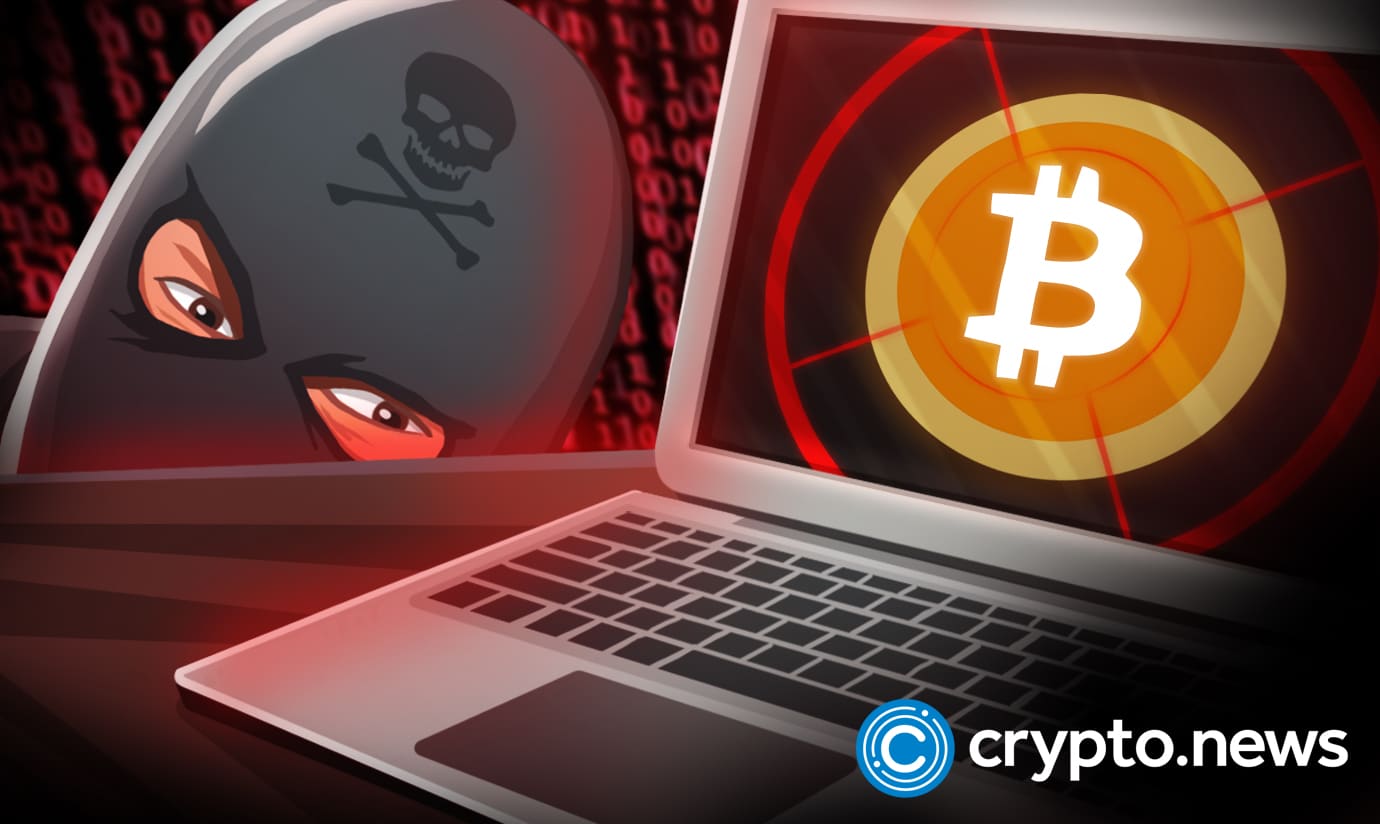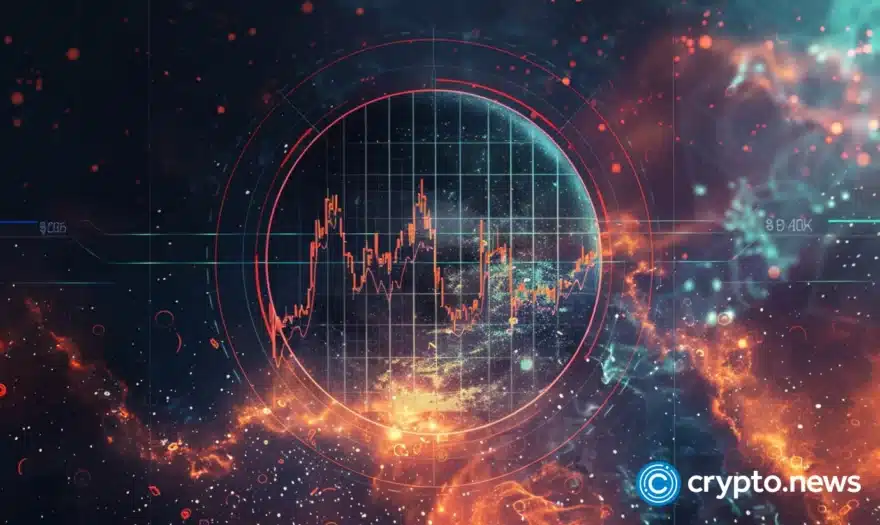Washington Post: Crypto Scams Are on the Rise; Is Crypto Space The Riskiest Sector?

On June 3, 2022, the Washington Post published an article detailing how crypto scams were rising. According to the report, The FTC found out that Americans have lost over $1B since 2021. It also explained that over 46K Americans had been taken in by the scams.
The Story and FTC Findings
The story covers many issues and worries about the rise of crypto scams among Americans. However, it propagates FUD in several ways and masks Americans from the truth that crypto scams are still insignificant. Americans are losing more money in other ‘normal’ ways. Here is more to the story.
The Washington Post published articles on June 3 2022 detailing how crypto scams are rising in America at a high rate. The Washington Post’s article shed light on an analysis report written by FTC’s senior data researcher Emma Fletcher detailing that crypto-based scams account for a fourth of all dollars lost to such crimes.
The report explained that over 46K Americans were victims of crypto scams between January and March of 2021. It also said that the losses in crypto scams were up by about 60 times compared to 2018.
According to Fletcher, the statistic could even be a small fraction of the real losses in the crypto space as most of them go unreported. Additionally, the report explained that the bulk of the money lost ($575M) was through projects that promised their users easy and huge paydays.
“Given that investment scams are really driving this, it’s very important for people to understand that any promises of huge returns, or that your investments can be quickly multiplied, are obviously a scam,” Fletcher said. “No return on a crypto investment is guaranteed.”
The report also explained that these fouls are mauling the crypto space due to its state of regulation.
An excerpt from the report reads: “There’s no bank or other centralized authority to flag suspicious transactions and attempt to stop fraud before it happens.”
Fletcher urged investors to be wary of the crypto space scams and not to trust anyone, even their closest friends.
Yes, Crypto Scams Are on the Rise, but Why Not Tell the Whole Truth?
While the FTC report and Fletcher’s comments are good for every crypto enthusiast, they leave out some key details. They also propagate FUD that crypto scams account for a fourth of the money lost through scams. This claim is FUD that should not be propagated mainly by trusted sources like the Washington Post and the FTC.
Fletcher also propagated another FUD that investment protocols in the crypto space that offer huge returns quickly are obviously a scam. This claim is weak given that most of the crypto protocols that help grow wealth offer interest many times over normal bank interest rates.
However, it is also best to be mindful while using the crypto space. Use only the projects that are fully verified. The findings of the rising of scams in the crypto space are true, but why not focus on the real loopholes that are swindling people’s money. The real question is, how do crypto scams compare with other technological sectors?
Below is information on some reports collected across the technology and financial space.
How Prevalent Are Technology Scams?
Almost everyone has encountered a scammer atleast once in their life. It was either physically or over the phone. These two methods are more likely to have scammers than in the crypto space.
A report by True Caller explains that Americans are fending off over 3B spam calls every month. It also explains that the issue is widespread in other nations, including Canada and the United Kingdom. Since this is one of the most regulated areas and governments are actively pumping resources to solve its issues, why does it still have more scammers?
A report from True Caller explains that Americans lost about $29.8 B through scam calls in the first half of 2021. Does this translate that the $1B lost throughout the year in the crypto space accounts for a quarter of all money lost to scams? No, it doesn’t!
Another report by First Orion explains that the number of people who fell to phone scams in 2020 was 220% higher than in 2019. The company also explains that the phone scams rose by another 118% through 2021. True Caller also reported that the $30B lost through phone scams in 2021 rose by $10B from 2020.
These details show how ‘true’ the regulators are about the crypto space. They also reflect the ignorance among them to save people from losing money through the real ways affecting them. Below is some information on how ‘legal financial foul play’ is going down among the American banks.
American Banks Charged Billions in Overdrafts in 2020
Forbes Advisor published an article on APR. 21, 2021, detailing how American banks took advantage of the COVID constraints of 2020 to charge billions in overdraft fees among low-income earners. Forbes Advisor Checking Account Fees Survey found that the average overdraft fee charged by the banks was $24.38.
The banks made $12.4 B in 2020, which is still high, although it decreased from the $17B collected in 2018. While the crypto space is inclined to financial inclusion, the banks are busily overcharging the individuals who need the money the most. The overdraft fees are charged when bank users spend more money than is available in their accounts.
Most times, these people overspend accidentally. This tendency by the banks has been a point of interest in the political sectors, with leaders asking for reforms in the financial sector. This occurrence is one of the many issues that the crypto space is solving since even the crypto loans do not have such fees.
It also calls for regulators to be keen on every sector and not blindly fight the newest innovations. Everyone should also research the crypto space for themselves and compare it to other sectors before believing the reports are ushered out.
Finally, since the scams are almost everywhere, it is advisable to learn how to research, control greed and be knowledgeable to have the ability to demystify between real projects and shams.
















